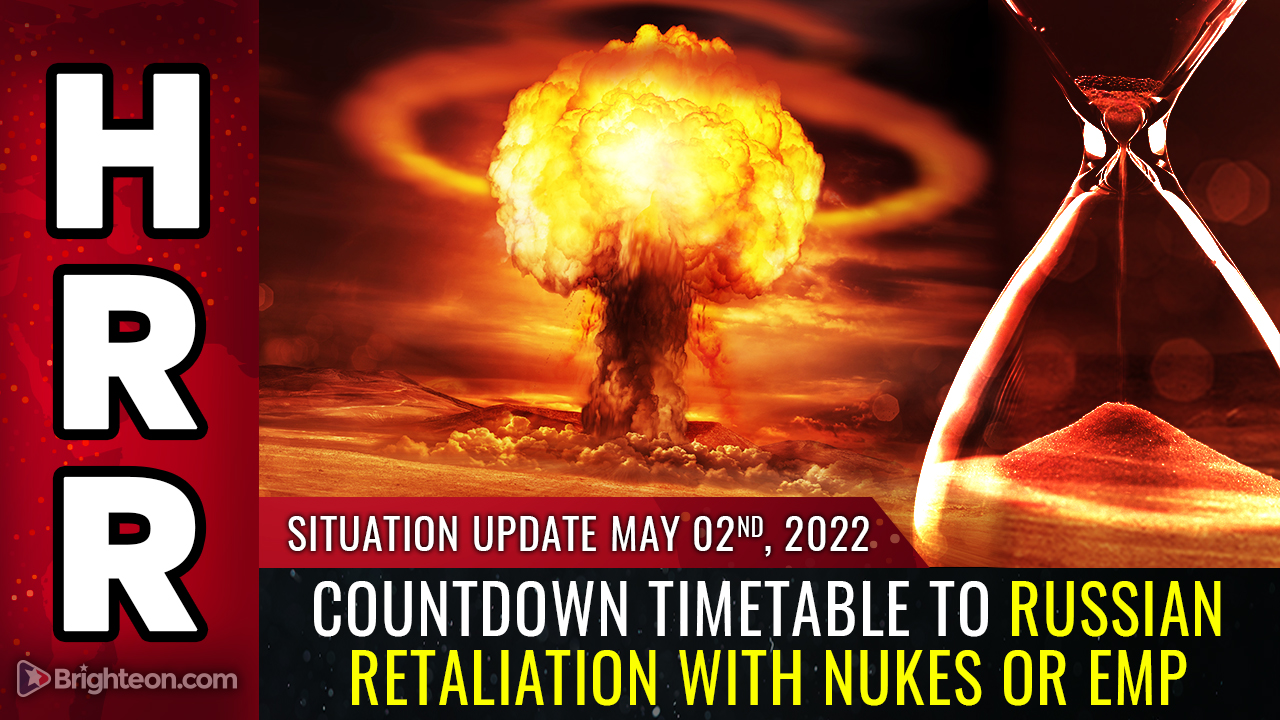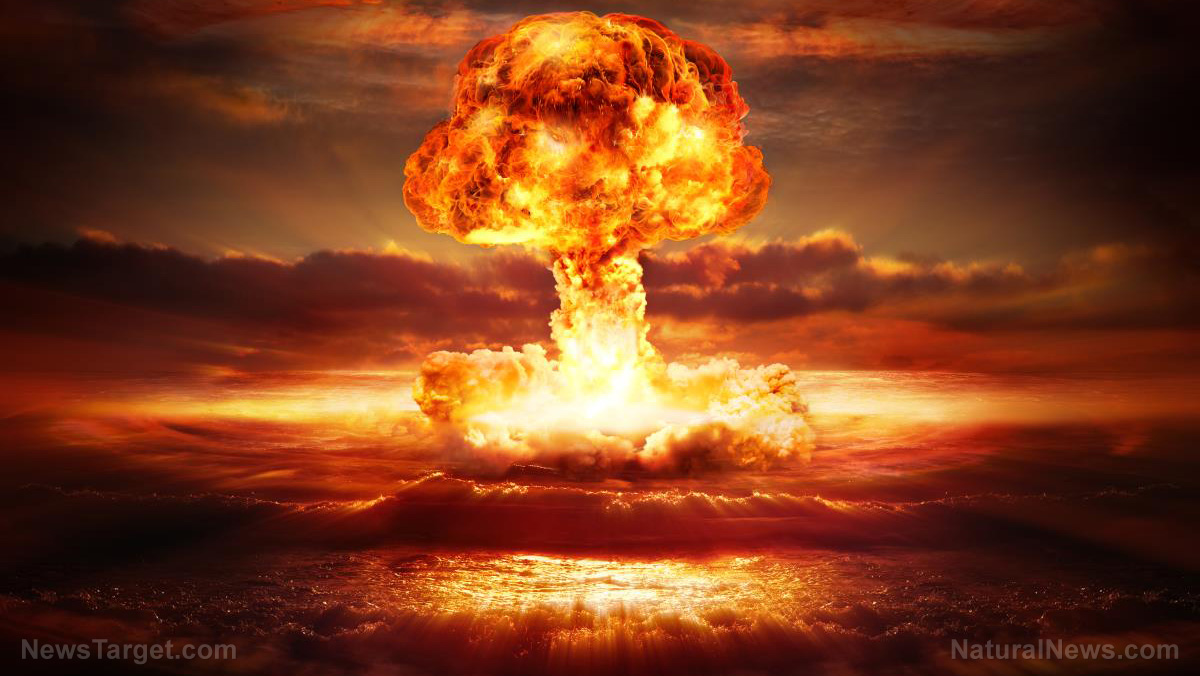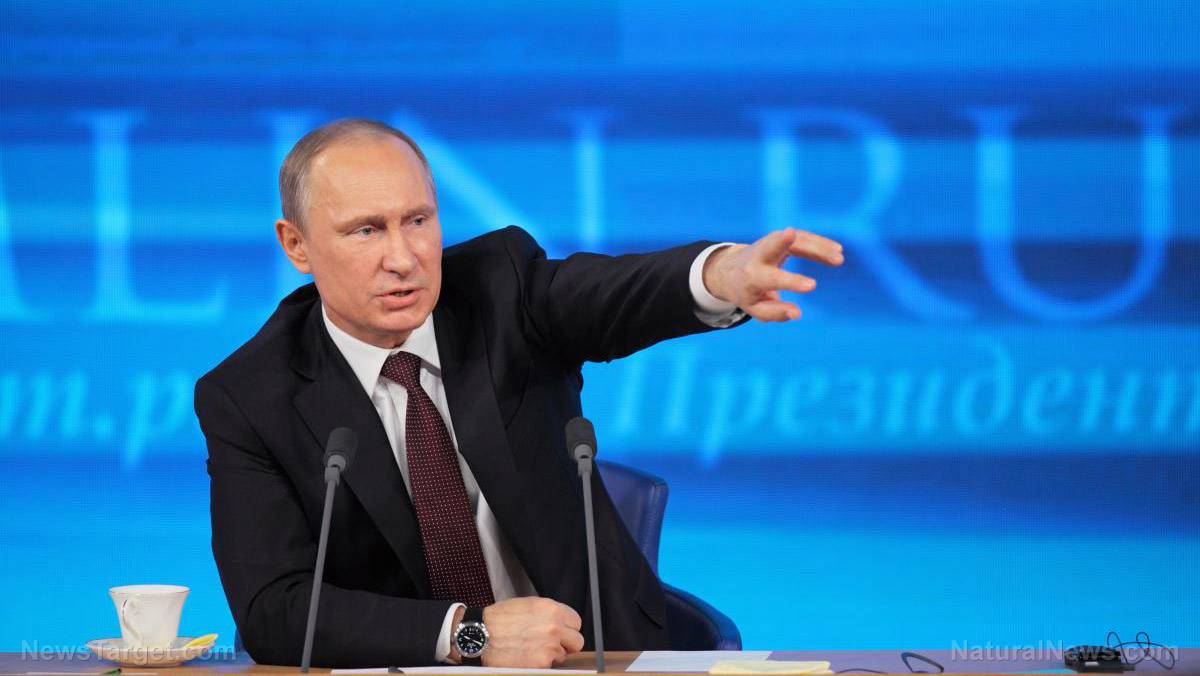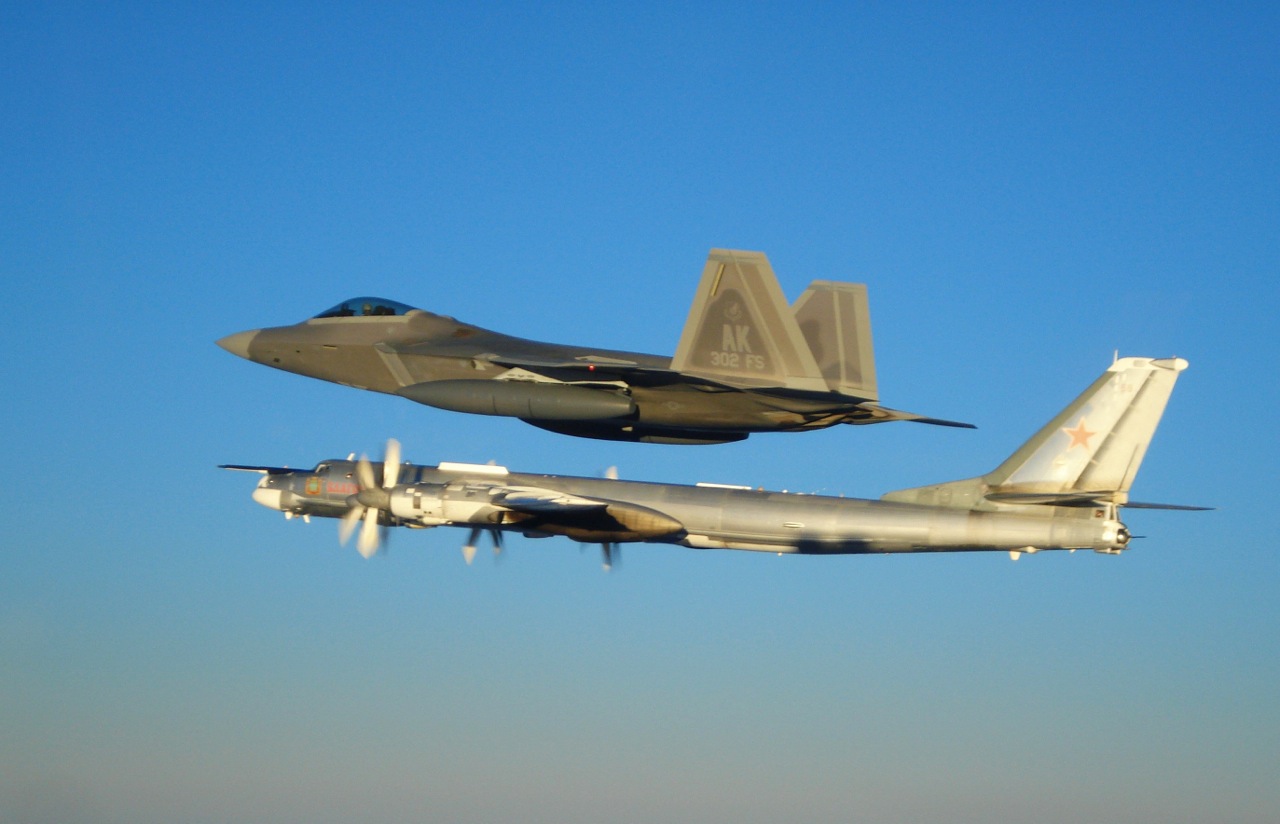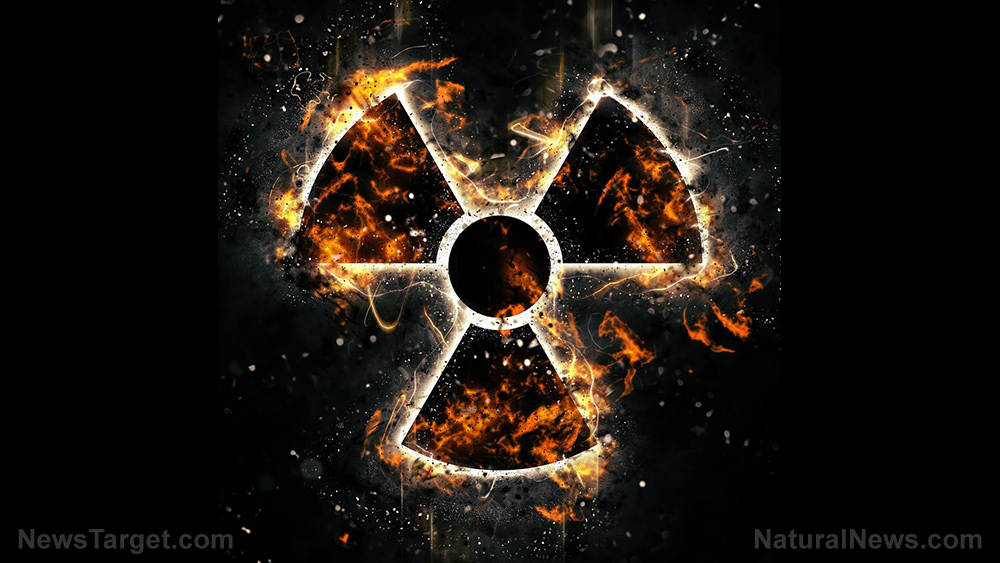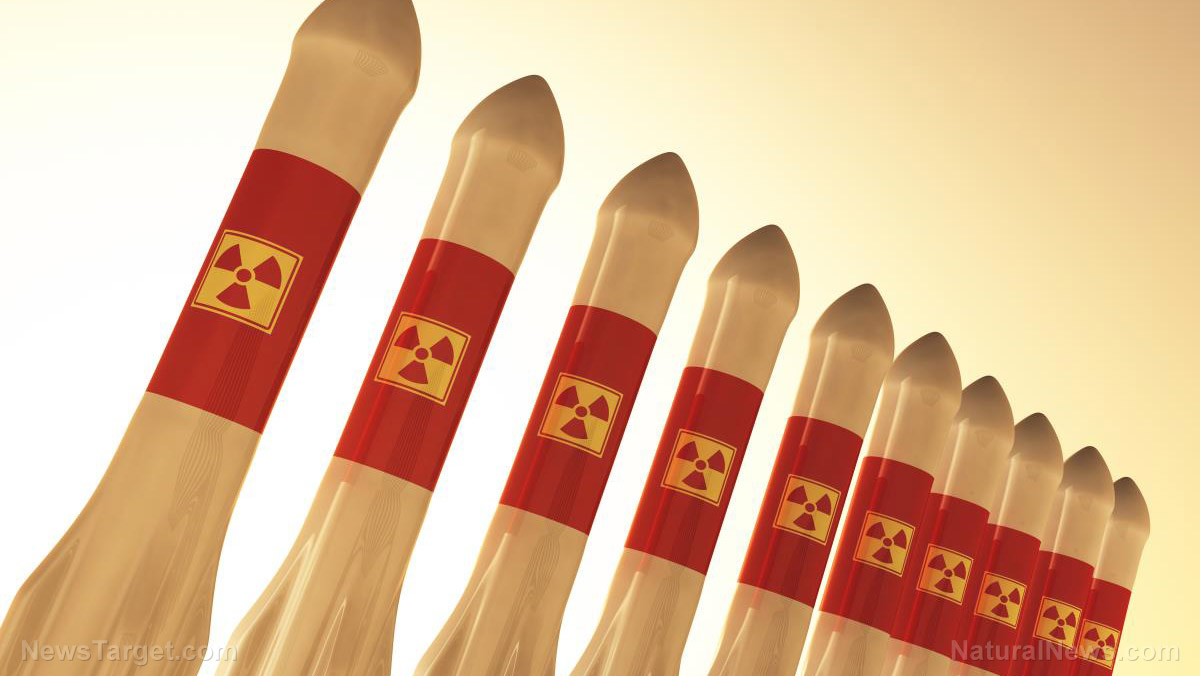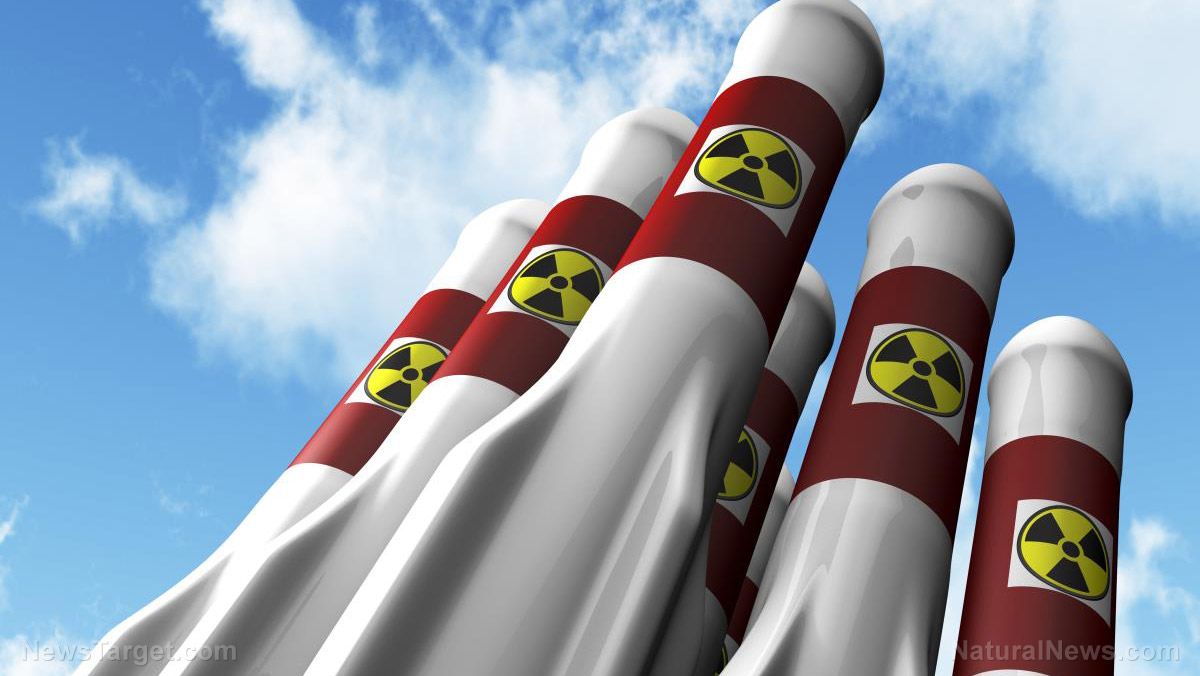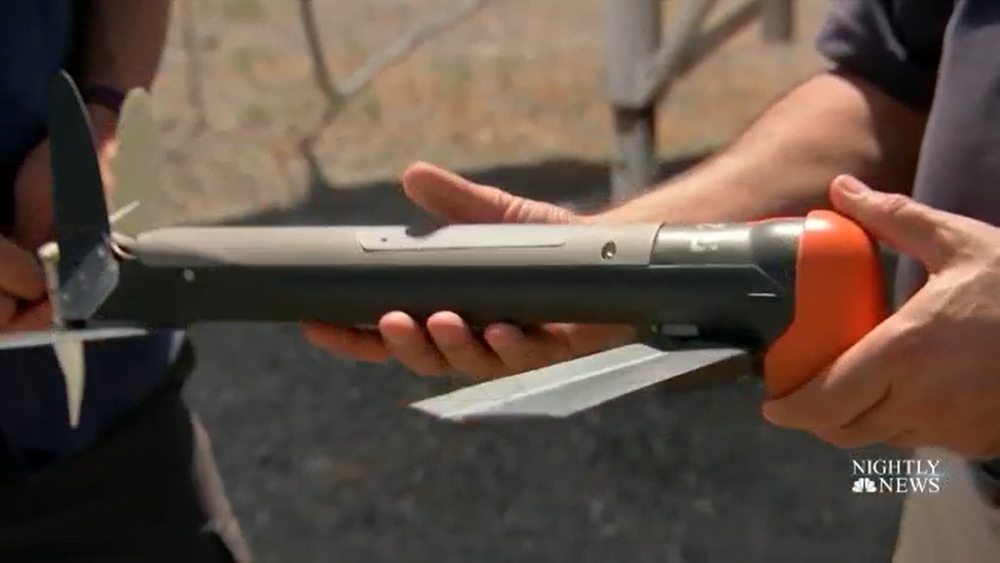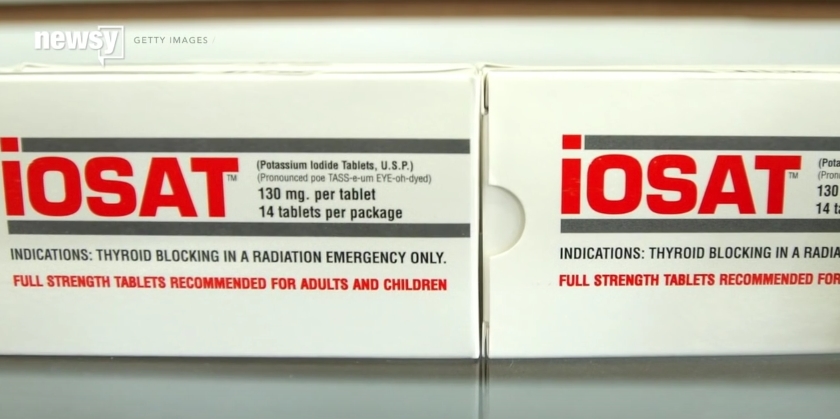What is China planning? Beijing rapidly expanding nuclear arsenal, sparking new war fears
05/02/2022 / By JD Heyes
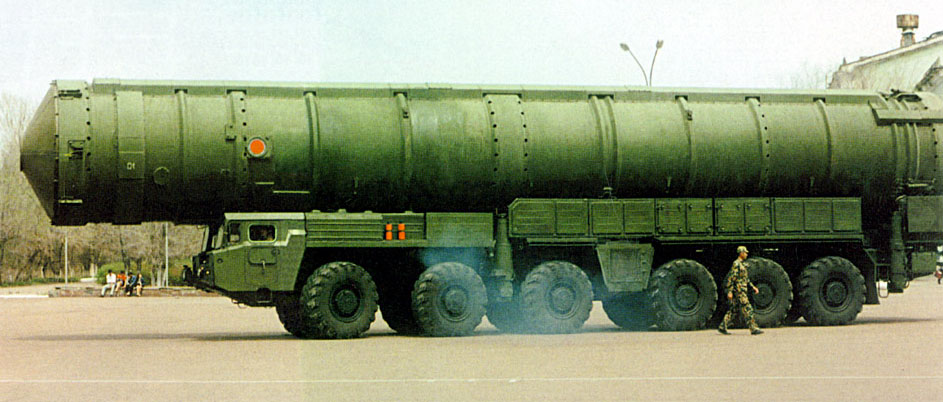
When Russian President Vladimir Putin invaded Ukraine in late February, geopolitical analysts quickly noted that he waited until the weakest president in the history of our nation was sitting in the Oval Office.
That observation was quickly followed up by concerns that another world leader with a massive military — Chinese President Xi Jinping — may also be empowered to finally move on Taiwan, which he and most Chinese leaders before him have falsely claimed is not a real country but just a ‘province’ of the mainland.
And it appears as though those concerns are legitimate.
According to The Wall Street Journal, China has been rapidly expanding its nuclear weapons force while at the same time building dozens of new in-ground silos to house the rapidly expanding ground-based leg of the country’s nuclear triad of land, air, and sea-launched weapons:
The Chinese nuclear effort long predates Russia’s invasion of Ukraine, but the U.S.’s wariness about getting directly involved in the war there has likely reinforced Beijing’s decision to put greater emphasis on developing nuclear weapons as a deterrent, some of these people say. Chinese leaders see a stronger nuclear arsenal as a way to deter the U.S. from getting directly involved in a potential conflict over Taiwan.
Among recent developments, work has accelerated this year on more than 100 suspected missile silos in China’s remote western region that could be used to house nuclear-tipped missiles capable of reaching the U.S., according to analysts that study satellite images of the area.
U.S. leaders have noted they are not certain why China is rapidly expanding its nuclear capability after decades of being satisfied with keeping a small arsenal — just enough to deter an enemy from attacking. Independent security experts say they, too, have little understanding about why Beijing is building out its nuclear weapons now after exchanges with Chinese officials have nearly ceased over the past few years.
Those close to China’s leadership have said Beijing is increasingly concerned about potential efforts by the United States to topple the Communist government following a more hawkish relationship with the Asian powerhouse during then-President Donald Trump’s administration, though the Biden regime is said to have been continuing many of Trump’s policies, the WSJ suggested.
Those people also said that China’s leaders are committed to never using nuclear weapons first, but several U.S. military and national security officials say they worry China’s nuclear weapons buildout could be due to a new willingness to strike first.
That said, the people close to China’s leaders also note that Beijing’s Communist government still plans to only build a nuclear capability that is just large enough to ensure the country’s national security interests. They add that China’s leaders believe the country’s nukes are much too outdated to be much of an effective deterrent against a potential strike by the U.S.
“China’s inferior nuclear capability could only lead to growing U.S. pressure on China,” one person close to the leadership told the WSJ.
The WSJ adds: “Nervous international reaction to Russian leader Vladimir Putin’s call for his nuclear forces to be put on alert following his invasion of Ukraine has offered Chinese officials a real-world lesson about the strategic value of nuclear weapons. So did Ukraine’s decision in 1994 to turn over the nuclear weapons left in the country after the breakup of the Soviet Union in return for security assurances from the U.S. and Russia.”
Under provisions of the Budapest Memorandum on Security Assurances, in which the U.S., Britain, and Russia guaranteed Ukraine’s security, Kiev agreed to give up the nukes in its country that were leftover after the fall of the Soviet Union. If the country had kept them, Ukraine would have become the world’s third-biggest nuclear power after the U.S. and Russia.
“Ukraine lost its nuclear deterrence in the past and that’s why it got into a situation like this,” a retired Chinese military officer who still has links to Beijing’s nuclear program told the WSJ.
Sources include:
Submit a correction >>
Tagged Under:
Beijing, China, Communist regime, ground based, ICBM, missile silo, national security, nuclear, nuclear missiles, nuclear silos, nuclear triad, nuclear war, nuclear weapons, Taiwan, Ukraine, world war
This article may contain statements that reflect the opinion of the author

